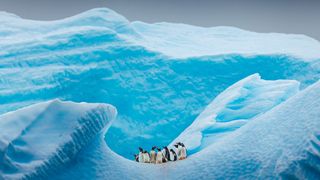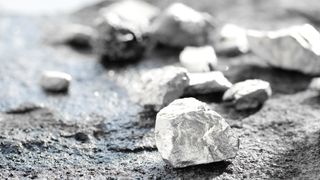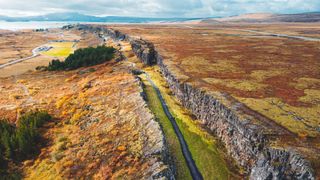Planet Earth
Explore Planet Earth
Editor's Picks
Latest about Planet Earth
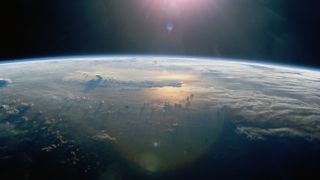
There's a 2nd El Niño — and scientists just figured out how it works
By Patrick Pester published
A new simulation shows that an El Niño-like climate pattern begins near New Zealand and Australia, and can trigger temperature changes across the Southern Hemisphere.
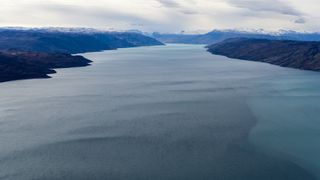
'Failed' microcontinent found hiding beneath Greenland and Canada
By Stephanie Pappas published
The Davis Strait, west of Greenland, holds a long-lost chunk of an almost-continent that didn't quite form about 58 million years ago.

World's loneliest tree species can't reproduce without a mate. So AI is looking for one hidden in the forests of South Africa.
By Richard Pallardy published
A single specimen of an ancient tree species was found in 1895. Now scientists are using AI to find it a mate.

'Spectacular and definitely hazardous': Yellowstone geyser erupts, firing steam and debris over nearby tourists
By Sascha Pare published
A hydrothermal eruption Tuesday (July 23) morning surprised visitors walking among the colorful hot springs in Yellowstone National Park's Biscuit Basin, near the famous Old Faithful geyser.
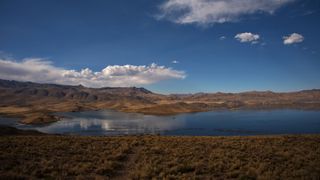
Andes region formed in 4 stages over the last 24 million years, new modeling study suggests
By Nathaniel Scharping, Eos.org published
Paleostress modeling shows how a region of the Andean Plateau was uplifted and formed beginning more than 20 million years ago.

'River of tea' bleeds into sea after Hurricane Sally smashes into US coast
By Harry Baker published
Earth from space A 2020 satellite photo shows "blackwater" flowing from South Carolina's Winyah Bay after Hurricane Sally made landfall and triggered flash flooding.

Discovery of 'dark oxygen' from deep-sea metal lumps could trigger rethink of origins of life
By Sascha Pare published
In a global first, scientists working in the Clarion-Clipperton Zone in the North Pacific Ocean have found that metallic nodules on the seafloor produce their own oxygen, dubbed "dark oxygen."
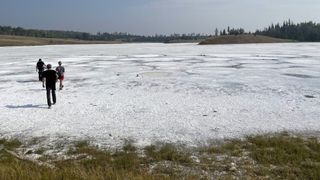
Last Chance Lake: The unusual 'soda lake' with conditions that may have given rise to life on Earth
By Sascha Pare published
Scientists consider Last Chance Lake to be an analog for lakes that may have existed on Earth 4 billion years ago and contained the ingredients for early life on our planet.

See stunning photos of the Atacama Desert — the driest on Earth — blooming in winter for 1st time in a decade
By María de los Ángeles Orfila published
"This very arid soil houses a treasure," ecologist María Fernanda Pérez told Live Science after the Atacama Desert produced a rare winter bloom.
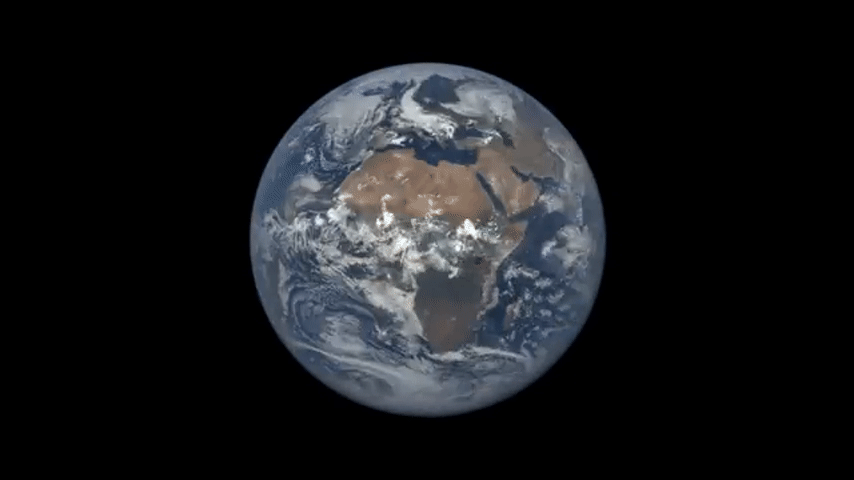
Earth is wobbling and days are getting longer — and humans are to blame
By Harry Baker published
New studies, which utilized AI to monitor the effects of climate change on Earth's spin, have shown that our days are getting increasingly longer and that our planet will get more wobbly in the future. These changes could have major implications for humanity's future.
Sign up for the Live Science daily newsletter now
Get the world’s most fascinating discoveries delivered straight to your inbox.
